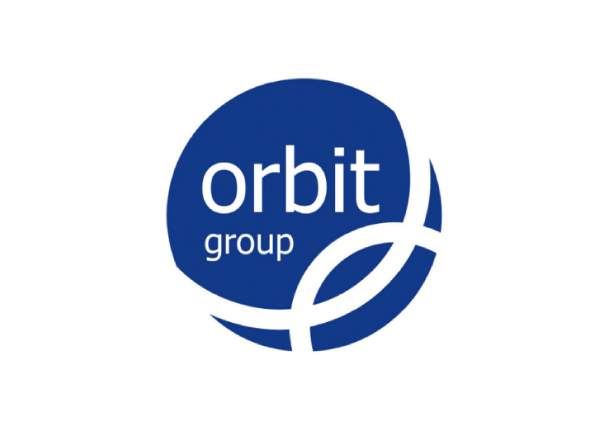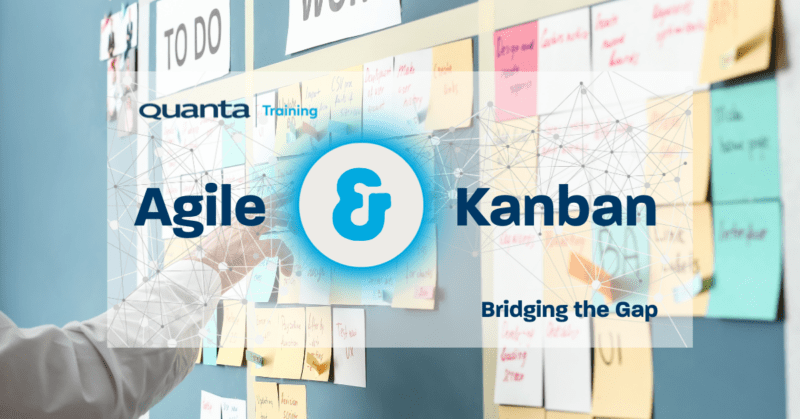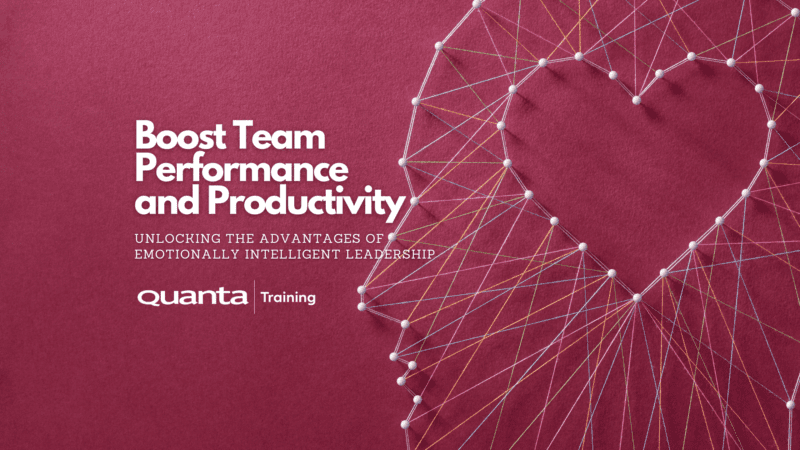
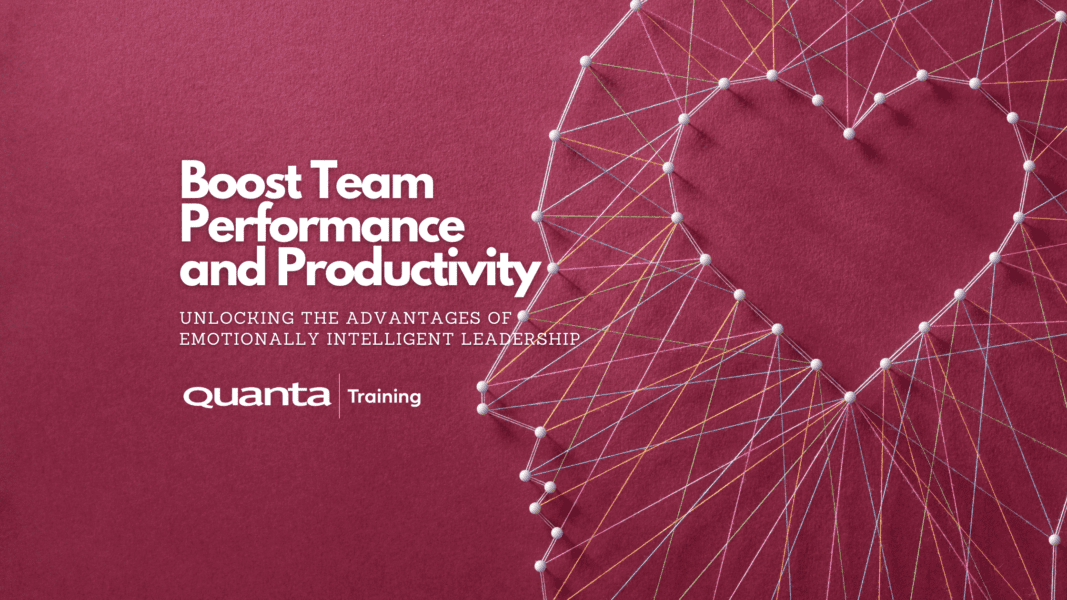
Boost Team Performance and Productivity: Unlocking the Advantages of Emotionally Intelligent Leadership
Quanta People Development and Leadership Trainer, Giles Collins outlines the key elements of Emotionally Intelligent Leadership and how it impacts team performance and productivity.
In today’s fast-paced and ever-changing business landscape, effective leadership goes beyond traditional skills like strategic planning and financial acumen.
Enter Emotional Intelligence, a once-underestimated “soft skill” that’s now gaining recognition as a powerful competitive advantage in leadership.
If you’re a manager or new leader with a basic understanding of emotional intelligence, you may be curious about how it can enhance your leadership capabilities.
In this article, we’ll dive into the benefits of emotionally intelligent leadership and provide practical tips helping you unlock its full potential.
The Five Key Components of Emotional Intelligence
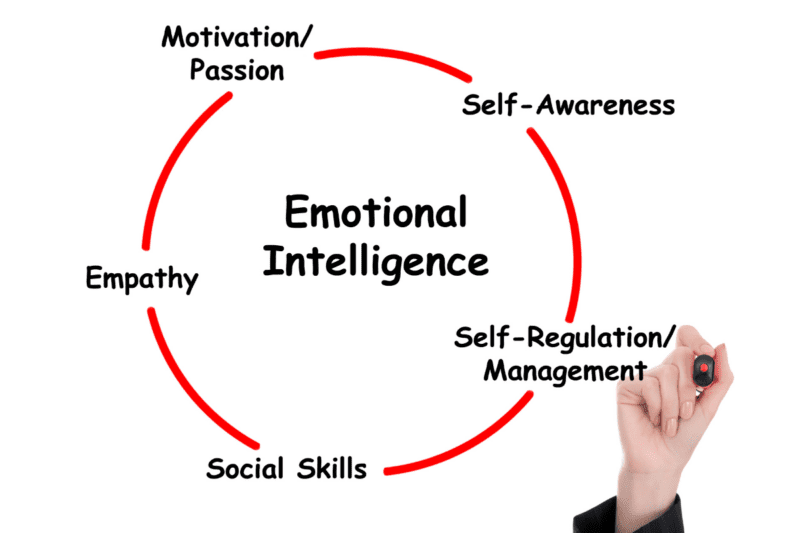
Self-awareness
The ability to recognize and understand your own emotions, as well as their impact on others. Extreme emotions such as anger, fear, joy can be easier to detect, but can you tune into the less obvious reactions you have to certain situations?
Recognise the physical components and early warning signs, giving you more time to regulate and respond effectively.
Self-regulation
The skill to manage and control your emotions, particularly in stressful situations. It takes a certain drive to achieve senior positions, but a single determined focus can have a downside.
A recent Deloitte survey found 73% of senior leaders report not taking enough breaks or time off work. This lead to something called The Great Resignation.
Motivation
The drive to pursue goals with energy and persistence, even in the face of obstacles or setbacks. How much autonomy are you giving people? One of the highest reasons for demotivation and frustration is being micromanaged.
Delegating and allowing people to develop new skills – mastery is something we all strive for to one degree or another.
Empathy
The capacity to understand and share the feelings and perspectives of others, fostering stronger connections and collaboration.
A useful reminder to keep in mind is that understanding another’s perspective does not necessarily require you to agree with their stance.
Social skills
The ability to navigate social situations effectively, build and maintain relationships, and influence others positively.
Now that we have a clear understanding of the components, let’s examine the advantages of emotionally intelligent leadership and how it can significantly enhance your professional growth and those around you.
How Emotional Intelligence Benefits Leaders and Managers
Improved decision-making
Emotionally intelligent leaders have a better grasp of their own emotions and those of others, leading to more informed and balanced decisions. By considering the emotional implications of their choices, these leaders can minimize potential negative consequences and create a more harmonious work environment.
Effective communication and collaboration
Emotionally intelligent leaders excel at conveying their thoughts and ideas in a clear and empathetic manner. This fosters open communication, promoting trust and collaboration among team members. By understanding the emotional nuances of their colleagues, leaders can address concerns and remove barriers to teamwork.
Enhanced conflict resolution
Conflicts are inevitable in any workplace, but emotionally intelligent leaders are adept at resolving them in a constructive manner. By empathizing with conflicting parties and facilitating open dialogue, these leaders can find mutually beneficial solutions and maintain a positive team atmosphere.
Increased employee engagement and retention
When leaders display emotional intelligence, they create an environment where employees feel valued, supported, and understood. Boosting engagement, productivity, and loyalty, reducing turnover rates and saving companies time and resources in the long run.
Better adaptability to change
Change is a constant in the business world, and emotionally intelligent leaders are well-equipped to handle it. By managing their own emotions and supporting their team members through transitions, they can maintain productivity and morale even during challenging times.
Practical Strategies for Developing Emotional Intelligence

Ready to harness the power of emotional intelligence in your leadership journey? Here are some practical tips to help you get started…
Building self-awareness through reflection and feedback
Regularly take time to reflect on your emotions and how they influence your actions. Seek feedback from trusted colleagues to gain a deeper understanding of how your emotions and behaviors impact others.
Emotional regulation with mindfulness techniques
Practice mindfulness meditation, deep breathing, or other relaxation techniques to help you stay composed and focused during stressful situations. Apps like Headspace and Calm are very popular these days with a lot of scientific validity underpinning the practice.
Cultivating empathy by actively listening and understanding others’ perspectives
When interacting with your team members, listen attentively and empathetically to their concerns and ideas. Try to understand their viewpoints, even if you don’t necessarily agree with them.
“The biggest communication problem is we do not listen to understand. We listen to reply,” Stephen Covey.
Staying motivated and fostering motivation in others
Set clear goals for yourself and your team, and celebrate milestones and achievements. Encourage your team members to share their aspirations and provide support in helping them reach their objectives.
Thanks to people like Daniel Goleman and Lisa Feldman Barrett valuing EI has gained popularity. Therefore, it would be surprising if you weren’t familiar with some of these subjects already.
I’d like to leave you with a few questions to reflect upon…
How many of these principles are you practicing regularly?
What will you start doing more of?
What will you try and do less of?
What support do you need?
Good luck embracing emotional intelligence and bringing its key components into your leadership style!
” The journey of a thousand miles begins with a single step.” Lao Tzu.
Quanta deliver a range of People Development and Leadership programmes. Learn more here.
Trusted By
Latest from our blog
Kanban and Agile: Bridging the Gap
Kanban and Agile: Bridging the Gap Quanta’s Kanban University Certified Trainer Steve Church explores the way in which Agile and…
Read More
How a Ballerina could move into Cybersecurity
Jason Ford, Quanta Cybersecurity and IT Trainer talks about the limitations in Cybersecurity Training courses. Jason discusses a safe and…
Read More
Boost Team Performance and Productivity: Unlocking the Advantages of Emotionally Intelligent Leadership
Quanta People Development and Leadership Trainer, Giles Collins outlines the key elements of Emotionally Intelligent Leadership and how it impacts…
Read More



